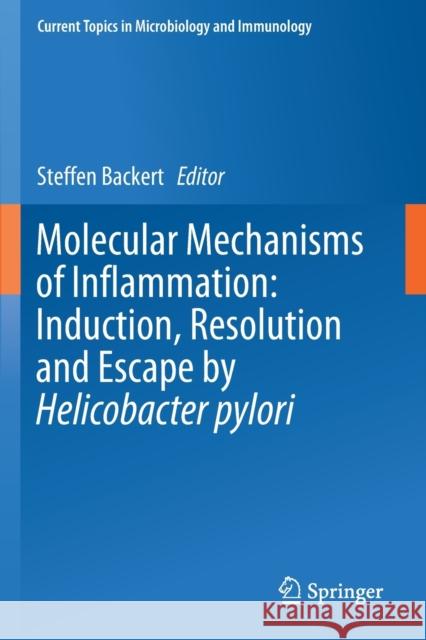Molecular Mechanisms of Inflammation: Induction, Resolution and Escape by Helicobacter Pylori » książka
topmenu
Molecular Mechanisms of Inflammation: Induction, Resolution and Escape by Helicobacter Pylori
ISBN-13: 9783030151409 / Angielski / Miękka / 2020 / 359 str.
Molecular Mechanisms of Inflammation: Induction, Resolution and Escape by Helicobacter Pylori
ISBN-13: 9783030151409 / Angielski / Miękka / 2020 / 359 str.
cena 684,33
(netto: 651,74 VAT: 5%)
Najniższa cena z 30 dni: 655,41
(netto: 651,74 VAT: 5%)
Najniższa cena z 30 dni: 655,41
Termin realizacji zamówienia:
ok. 22 dni roboczych.
ok. 22 dni roboczych.
Darmowa dostawa!
Kategorie BISAC:
Wydawca:
Springer
Seria wydawnicza:
Język:
Angielski
ISBN-13:
9783030151409
Rok wydania:
2020
Wydanie:
2019
Numer serii:
000195728
Ilość stron:
359
Waga:
0.53 kg
Wymiary:
23.39 x 15.6 x 2.01
Oprawa:
Miękka
Wolumenów:
01
Dodatkowe informacje:
Wydanie ilustrowane











